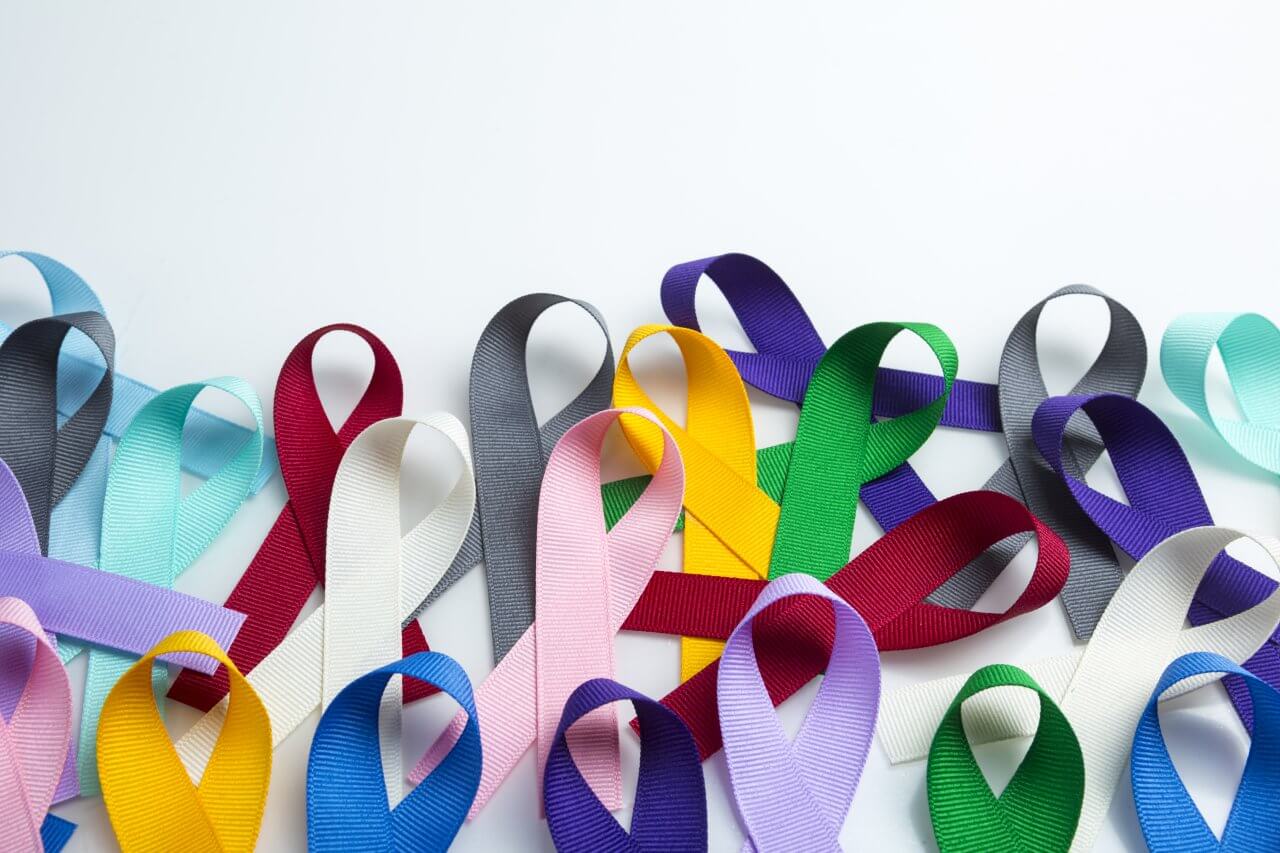What Is A Carcinogen?

The simplest definition is that a carcinogen is a substance that can cause cancer. Exposure to a carcinogen doesn’t mean that you’ll necessarily get cancer. A number of factors, including length of exposure, genetics and others, play a role in whether you develop the disease.
Known Carcinogens vs. Probable Carcinogens
The International Agency for Research on Cancer (IARC) classifies substances into groups regarding their ability to cause cancer. The two that people need to be most aware of are “carcinogenic to humans” and “probably carcinogenic to humans.”
Common carcinogens in the first category include alcoholic beverages, arsenic, and ionizing radiation. In the “probably carcinogenic” category are things like anabolic steroids, lead compounds and red meat. Of course, as noted above, multiple factors affect the development of cancer.
Types of Carcinogens
There are many different types of carcinogens, and we can come into contact with cancer-causing substances in a variety of ways. These include:
● Environmental radiation. Ultraviolet radiation from the sun is known to cause skin cancer, and radon gas that can accumulate in homes is the second leading cause of lung cancer.
● Chemicals. Some chemicals found in homes and at work can cause cancer. For example, asbestos in insulation can increase the risk of lung cancer.
● Pollution. Pollutants that we come into contact with both outside and inside buildings can be carcinogenic.
● Lifestyle factors. Obesity and smoking are examples of lifestyle factors that can cause cancer.
● Medical radiation. Although it’s used carefully and in safe amounts, the radiation from medical imaging is a carcinogen.
● Viruses. Certain viruses like human papillomavirus can cause cancer.
● Medications. Some medications like oral contraceptives and certain chemotherapy drugs are carcinogenic.
What Foods Are Carcinogenic?
Some of the foods we consume are carcinogenic. For example:
Alcohol
The more alcohol you consume, the greater your risk of certain types of cancer. This includes liver, colorectal, breast, esophageal, and head, and neck cancers.
Crispy, Brown Foods
Certain foods give off a carcinogenic chemical called acrylamide when heated to high temperatures. Potatoes are an example. It’s best to cook these foods only to a light tan color.
Processed Meat
Foods like sausage, bacon, pepperoni, or any other meat that’s been flavored, smoked or preserved is carcinogenic and can increase your risk of colon cancer.
Red Meat
As noted above, there appears to be a link between consuming red meat and cancer.
Learn More About Carcinogens from Baptist Health
Take a Health Risk Assessment (HRA) questionnaire to estimate your personal health risk and identify your risk factors based on your exposure to carcinogens.



.jpg?rev=942eca95ebd34b6283bfcf487f4a2e7c)